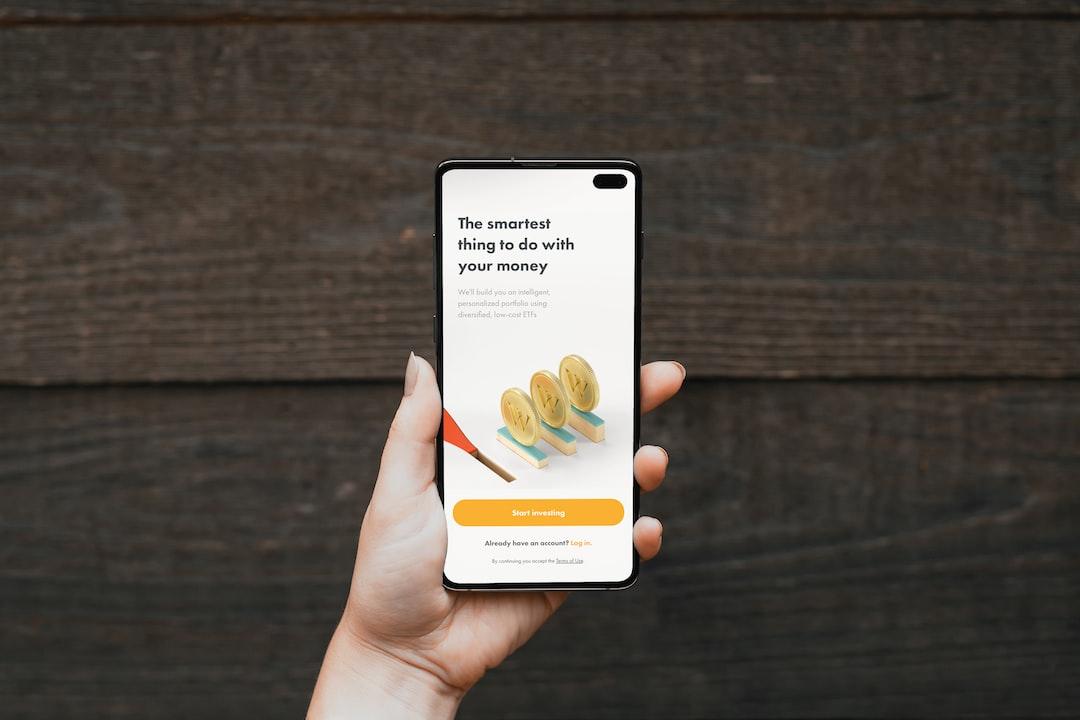Digital New Taiwan Dollar Survey: 45% Concerned about Keeping Transaction Records
As the issue of digital assets gradually enters the public eye, a report from the International Monetary Fund (IMF) states that over a hundred countries worldwide are studying the issuance of Central Bank Digital Currencies (CBDCs). The Central Bank of Taiwan has been studying the possibility of a “Digital New Taiwan Dollar” since 2019 and recently released the results of an outsourced questionnaire survey.
The so-called Digital New Taiwan Dollar is essentially a currency that can be used for electronic payments and holds the same value as physical New Taiwan Dollar banknotes and coins.
Currently, countries such as Japan, the Eurozone, and the United Kingdom are still in the concept verification or prototype construction stage, while China and Thailand have already entered the pilot phase.
Taking China’s Digital Renminbi as an example, since 2019, China has launched pilot tests in Shenzhen, Suzhou, Chengdu, and the 2022 Winter Olympics. China Construction Bank has added a “Digital Renminbi Wallet” feature to its mobile banking client, allowing users to directly apply for a digital Renminbi wallet and perform functions such as payments, receipts, scanning, and transfers.
The usage is similar to general mobile payments, where users can simply scan a QR code with their camera to make a payment. Sliding up on the main interface allows for payment, while sliding down enables receipt of payment. Users can also exchange physical cash for digital Renminbi.

Results of the Central Bank’s Digital New Taiwan Dollar Survey
The Central Bank of Taiwan has completed two stages of experimental research on the Digital New Taiwan Dollar and is currently in the prototype construction phase. The Central Bank conducted an outsourced questionnaire survey in April 2023 and completed it in April 2024. The survey included the general public, financial institutions in the industry, payment service providers, virtual asset operators, government agencies, and relevant experts from the academic community.
How do the public perceive it?
According to the Central Bank’s report, the general public (individuals, businesses, street vendors) has low awareness of the Digital New Taiwan Dollar. However, if awareness and understanding can be improved, the willingness to use it will significantly increase.
Currently, 73.8% of respondents stated that they “use both cash and non-cash,” while 25% of respondents “only use cash” due to habit or preference.
Among them, 45.2% of the public expressed concerns about keeping transaction records for the Digital New Taiwan Dollar. However, if there is international cybersecurity certification, or if the government only accesses data in legal and illegal activity investigation cases, over 70% of the public believe that this can alleviate their concerns.

How do the industry and experts perceive it?
Regarding financial institutions, payment service providers, and virtual asset operators, although their level of awareness is higher than that of the general public, over 70% of grassroots financial institutions express concerns about the potential impact of the Digital New Taiwan Dollar, especially in terms of weakening the role of financial intermediaries, increasing funding costs, or raising liquidity risks.
However, these concerns may be alleviated if viable business models or complementary measures are in place.
As for the current design plans for the Digital New Taiwan Dollar by the Central Bank, such as not paying interest initially but retaining interest-bearing functions and setting different wallet amount limits based on the level of identity verification, most businesses consider them acceptable.
How does the government perceive it?
Most government agencies believe that introducing the Digital New Taiwan Dollar will have positive benefits for their respective responsibilities.
Over 50% of government agency respondents believe that foreign visitors should be allowed to apply for a digital New Taiwan Dollar wallet when visiting Taiwan, with accompanying measures such as verifying their foreigner status, limiting use within Taiwan, and setting lower amount limits than for Taiwanese citizens to prevent illegal activities such as money laundering or fraud using anonymous wallets.
Does Taiwan have the opportunity to issue a Digital New Taiwan Dollar?
The Central Bank stated that it will review and revise the preliminary framework and design of the Digital New Taiwan Dollar based on the results of the outsourced questionnaire survey. It will also hold several public hearings, briefings, or forums to engage in more extensive and in-depth communication with stakeholders to enhance public awareness of the Digital New Taiwan Dollar.
At the same time, the Central Bank will continue to gather information on the legislative situations and developments regarding digital currencies in major countries internationally, discuss related legal frameworks, and further study and evaluate whether to implement pilot programs. The Central Bank emphasizes that if a decision is made to issue the Digital New Taiwan Dollar in the future, it will be executed in phases, taking into account the maturity of international technologies and the actual needs of the public, and evaluate the most appropriate timing for implementation.
Furthermore, as the proportion of cash payments is still higher in remote areas or among vulnerable groups, when promoting the Digital New Taiwan Dollar, the issuance of physical cash will still be maintained to accommodate market and public demands.
As for concerns regarding privacy and the use of personal data among certain individuals, scholars have suggested strengthening security through technologies such as multi-factor authentication (MFA), zero-trust mechanisms, and digital signatures. For privacy protection, zero-knowledge proofs (ZKP) and differential privacy techniques are recommended.
The Central Bank also states that it will continue to study data management systems, establish clear data usage scopes, and enhance comprehensive privacy protection mechanisms and security technologies to increase public trust and alleviate concerns.
The research and promotion of the Digital New Taiwan Dollar are important measures taken by the Central Bank of Taiwan to adapt to the development of the times. Only through extensive surveys and communication can the needs and concerns of the public and industry be better understood. Whether the Digital New Taiwan Dollar will be issued in the future and when it will be issued is worth continuous observation.

